
Blocking the ERK1/2 pathway and the compensatory ERK5 pathway stopped the growth of colorectal tumors.

Blocking the ERK1/2 pathway and the compensatory ERK5 pathway stopped the growth of colorectal tumors.
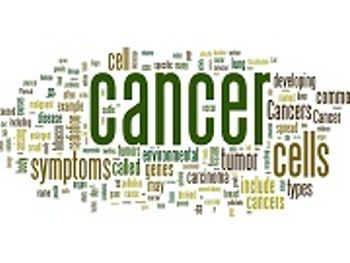
A method that involves a drug and a beam of ultraviolet light can kill 95% of cancer cells.

Sandoz announced efforts to create biosimilars for oncology and immunology branded drugs.
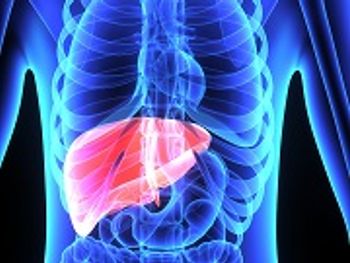
Specific blood-born microRNAs mutate before the development of hepatocellular carcinoma.

Overall survival of lung cancer patients in trial increased by 73%.

Sandoz to create biosimilars for 5 popular branded drugs.

Researchers examine the impact of aerobic and resistance training on cancer outcomes.

Liver cancer cells died when the AURKA-MYC interaction was inhibited.
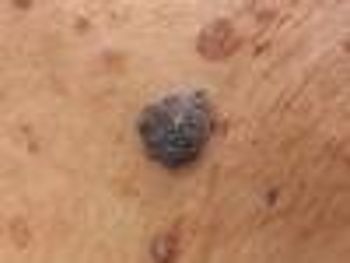
Deficient copies of gene leaves some patients more susceptible for melanoma.
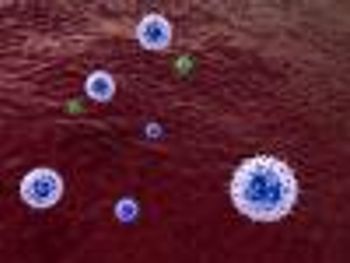
An antibody derived from the human immune system may kill cancer cells with less harm to patient.

Top news of the day from across the health care landscape.

Novel agents using dill and parsley extracts show promise fighting cancer.

Targeting cancer-driving proteins may further efforts in personalized cancer medication research.

Chemotherapy has the potential to make cancer cells more susceptible to immunotherapy.

Design of formulations based on flavopiridol shows promise inhibiting brain cancer cell growth.

Top news of the day from across the health care landscape.

Researchers explore which patients with non-small cell lung cancer are more likely to respond to the immunotherapy atezolizumab.

Fenofibrate with 2-Deoxy-D-glucose shows success treating a variety of cancers.

Higher doses of radiation found as effective as lower dose radiation for breast cancer treatment.

Patients treated with stereotactic body radiation therapy seen to have an increased risk of non-cancer death.

Hexosamine biosynthetic pathway could lead to potential treatments for certain prostate cancers.

Study finds a large proportion of breast cancer patients are receiving enough follow-up heart scans.

Recent advances and updates in oncology and cancer drug development.

Researchers assess the monetary value for improved health status.

Diet and physical activity found to decrease the risk of developing multiple cancer types.

Top news of the day from across the health care landscape.
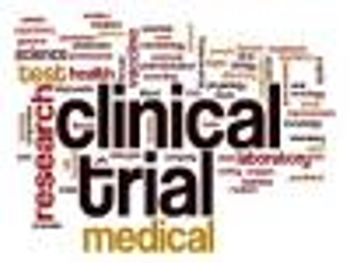
Biosimilars show promise for treatment of treat autoimmune diseases and hematological cancers.

RANK-inhibitor denosumab was able to stop cell growth and reduce cancer development in breast cancer samples with mutated-BRCA1.
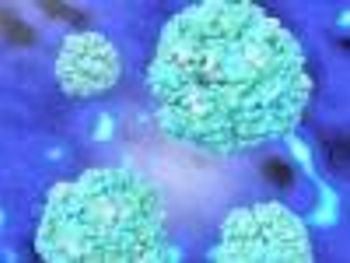
Docetaxel-induced peripheral neuropathy found in castrate-resistant metastatic prostate cancer.

Researchers explore the capability of natural killer cells.